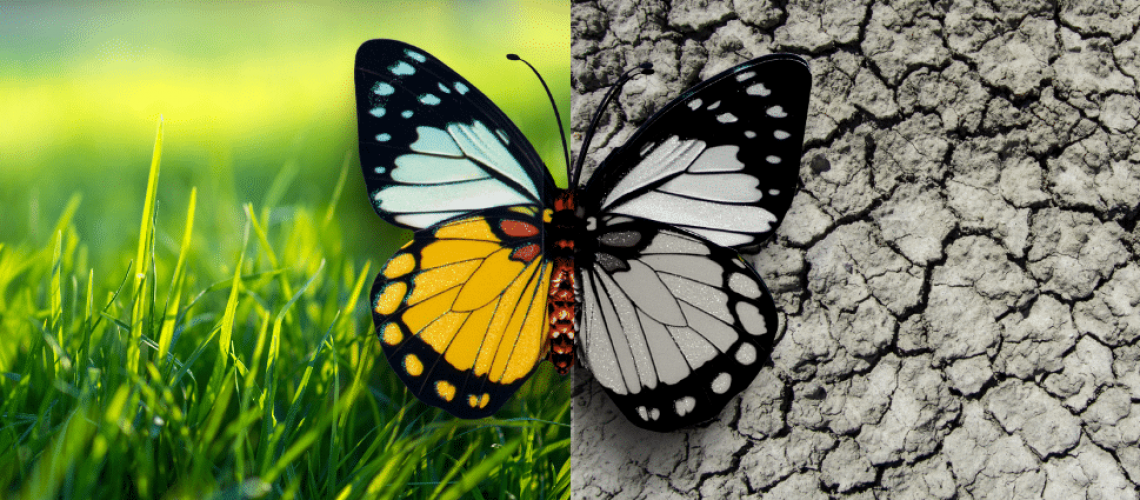Could past trauma be directing, guiding, be at the helm of our daily decision-making?
How we feel about trauma is a deeply personal, individual experience. What we may feel is traumatic for ourselves may not find the same correlation for somebody else and vice versa. There seems to be a level of judgement about what we deem to be traumatic and worthy of that label. In truth, we need to start by accepting that any traumatic event is a purely personal experience and that is the only validation it needs. It cannot be measured by somebody else looking in.
We have heard it a million times: time heals all wounds. Yes but. When we talk about time healing us, we’re talking about being able to remain in touch with these events that happened, where there is grief or pain, where there is a moment in which our life was transformed in a way that it was shocking to us and caused a break in the way of we live our own life, when our expectations are dashed… When we are able to remain in touch with these emotions yet move beyond them in time we are able to create a different narrative for ourselves, solutions present themselves and yes, it can help heal trauma heal. We are able build upon new knowledge, the new wisdom that we’ve accrued through our traumatic experience (and through professional help, of course, whenever is needed).
Yet sometimes we're not allowed to grieve, to overcome our trauma. We're not even allowed to cry.
Traumatic events cause a disruption not only on a physical level as in, for example, in an accident but also on a spiritual, mental and emotional level, and these are not things that you can put really your finger on, put a band-aid on and take a pill that makes it go away. The levels of disruption (physical, mental, emotional, spiritual) are not isolated from one another but when they feel unique and separate to us the obvious triggers do not look so obvious.
Let me give you an example. Say that you, as a young child, you touched a hot iron and you burned your hand, your entire hand – your curiosity has landed you into painful trouble. From that point on you now associate the heat or things with burning your hand and that makes sense because, and here’s something really important, a lot of what we learn via these traumatic experiences is valuable information. We do not need to deny the experiences that we have accrued through traumatic events, it’s there to help us guide us to be safe from anything that may cause us harm in the future. This is how our brain works, our mind wants to keep us safe. So say that from that experience you know if the iron is hot you don’t touch it. As you grow older you may realize that there’s a difference between touching a hot iron and touching other things that are hot, you learn to circumvent your fear and decide it’s ok to touch some hot things. But say that you have not being able to bypass the fear this traumatic event brought you so holding a bowl of hot soup may the trigger for a whole set of emotions that have not been dealt with and it sends you right back to that moment in which you’ve lived that experience of burning your hand.
Those are the past trauma moments that may be, in many ways, guiding how we make our next choices.
Imagine we have a butterfly with two sides: one side is in full color and the other one is grayscale. The color side represents the real situation, the gray side our perception of it based on previous experience. If we gravitate to this grayness and start looking for it we may get stuck in the illusion that what we are perceiving is the actual event and not seeing the reality as it is now. It’s preventing us from actually being in the present, in the moment, and that leads us to avoid opportunities, sometimes even consciously. If we already have an understanding that touching a hot iron can bring pain, and we have understood that touching hot things that are meant for ironing is no good for us, yet we’ve extended that same fear of touching anything else that is hot – and you’re not even thinking about it – you’re going to prevent yourself from eating that whole bowl of hot soup which is perhaps the nourishment you need right now.
This is how you start losing your ability to see your full basket of possibilities. You stop yourself from walking through the door. You are no longer able to distinguish anything else from what your fear forces you to focus on.
There's no judgment here. All of these processes are happening at levels in which they're just firing up, they're hitting us without warning.
When something triggers the manifestation of past trauma it brings back our perception of our experience of it. This perception is now dictating our next steps, our next set of actions and thoughts and emotions, and we often become ticking bombs: we are then at the mercy of this maelstrom of emotions.
If you are aware that you have an issue with situation A, if you know it triggers you (you get anxious, you’re not able to concentrate or sleep, etc…) then you are going to go out of your way to avoid that situation. But if you’re not even entirely aware that this is inside you, this traumatic issue, then it’s going to push how you are going to be choosing what happens next. It’s going to try and keep you away from perceived dangers even if it’s just something that looks like, and feels like, the traumatic event itself. But is not real. It is ultimately an illusion of the actual experience.
Overcoming our personal trauma is a very individual process, and often can be hard. Acknowledging the power our perception has over our traumatic experience might be the best first step in learning to distinguish between a real threat and seeing danger in every situation: while dangers are real the fear our mind creates, and with which guides our actions, is not. Knowing this helps put ourselves, and not fear, into the driver’s seat.
Can we heal from trauma? Yes, we can. Explore the Seven Keys to Heal from Trauma presented in this blog by The Reconnection team. Click here to read.

Between Then and Next
Re-imagining life without stress. The endless cycling between the past and the future – the then and next- is typically an exhausting, even destructive trait

Beauty Begins Within You
Are we ready to let go of living in the past and hoping for the future? No matter how much external effort we put into

Are you giving others the power over your wellbeing?
We have let others take over our wellness for too long. I remember the first time I took a homeopathic remedy. It was almost 20

Making time to be one with nature
Re-discovering our unbreakable connection with nature. Setting aside a moment every day to be close to nature – be it rocks, plants or animals –

Instinct or Intuition?
How we receive and process the infinite information from the Field affects all outcomes. I remember the first time I read in Solomon Speaks on Reconnecting
Experience Reconnective Healing
Bring healing, wellness, optimum balance, clarity and transformation into your life


